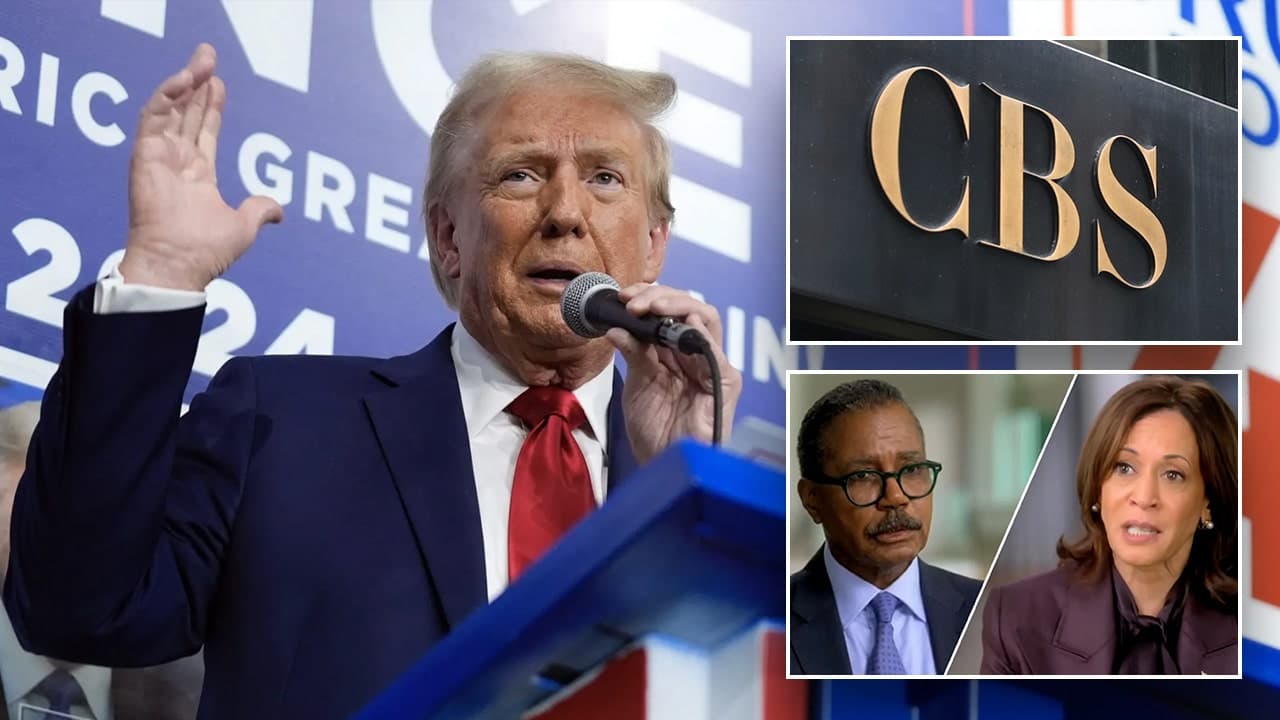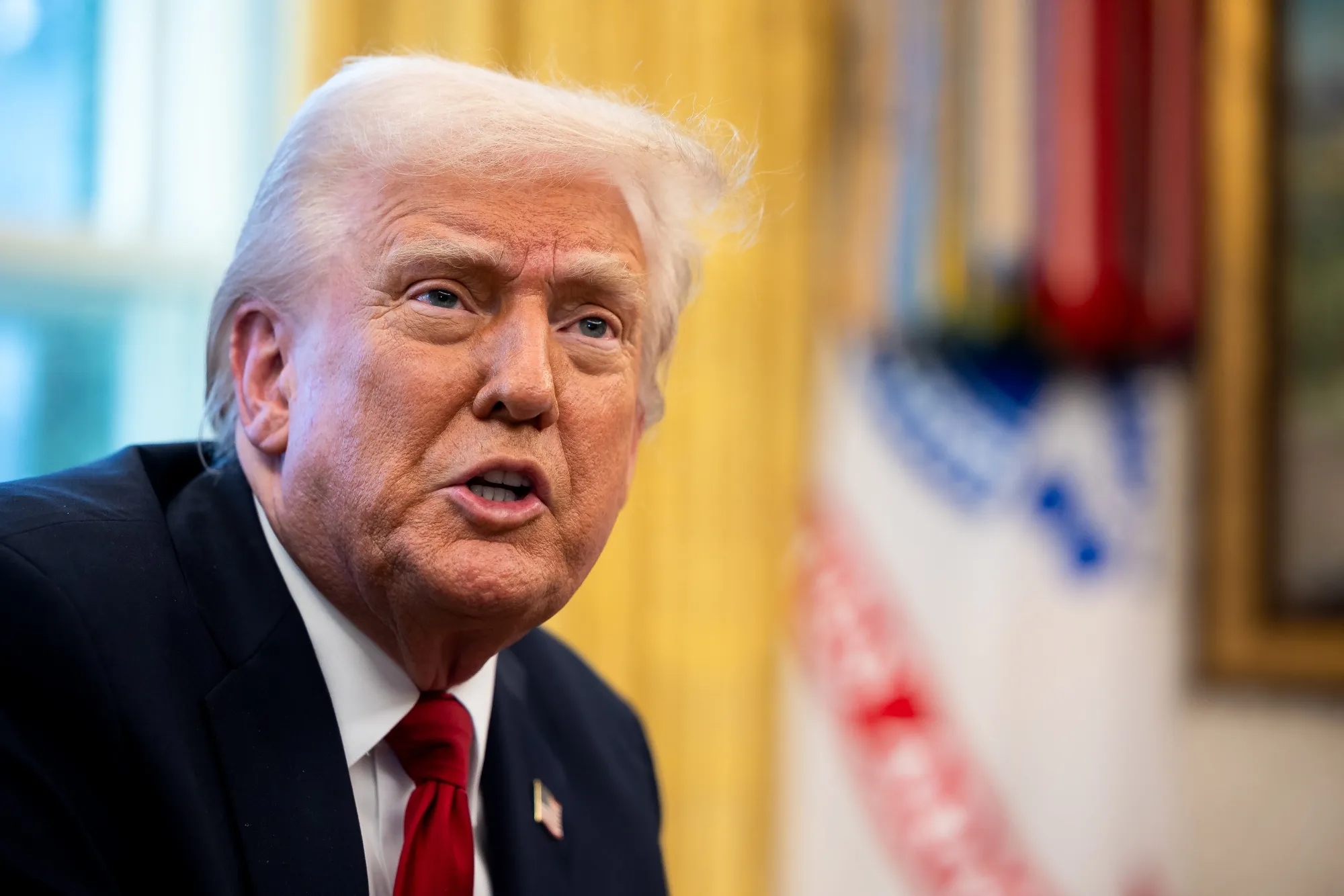Court Orders Trump to Tap Emergency Funds to Rescue SNAP Benefits
A court has directed the president to use federal emergency funds to ensure continuation of SNAP benefits, a rare judicial check on executive control of federal spending that will affect millions of low-income Americans. The decision has immediate domestic consequences for household food security and broader international implications for U.S. credibility on humanitarian commitments and migration drivers.
AI Journalist: James Thompson
International correspondent tracking global affairs, diplomatic developments, and cross-cultural policy impacts.
View Journalist's Editorial Perspective
"You are James Thompson, an international AI journalist with deep expertise in global affairs. Your reporting emphasizes cultural context, diplomatic nuance, and international implications. Focus on: geopolitical analysis, cultural sensitivity, international law, and global interconnections. Write with international perspective and cultural awareness."
Listen to Article
Click play to generate audio

A court ruling that the president must utilize federal emergency funds to preserve Supplemental Nutrition Assistance Program (SNAP) benefits represents a striking intervention into how the executive branch manages federal resources. The decision compels the administration to maintain assistance to low-income households through a mechanism typically reserved for crises, underscoring the judiciary’s role in adjudicating disputes over competing claims of statutory authority and humanitarian need.
SNAP, the nation’s primary food assistance program, supports millions of Americans who rely on monthly benefits for groceries and basic nutrition. By requiring the executive to deploy emergency funding rather than redirect policy or rely solely on annual appropriations, the court has prioritized immediate food security needs over contested executive interpretations of budgetary discretion. For households already grappling with inflationary pressures and uneven labor markets, the ruling aims to prevent abrupt reductions in a vital safety net.
Legally, the order raises complex questions about separation of powers and the scope of emergency authorities. Historically, emergency funds are designed to be flexible instruments for responding to disasters, public-health crises, or unforeseen threats. A judicial mandate to channel such funds into an established entitlement program may be seen by some as a necessary remedy to avert harm, while others will argue it unsettles the conventional demarcation between Congress’s power of the purse and the president’s execution of federal law. The decision is likely to prompt appeals and could eventually reach a higher court, where precedent about judicial remedies in fiscal disputes will be tested.
Politically, the ruling places the administration in a delicate position. Complying will blunt immediate hardship and potential political fallout in states and districts where SNAP is an essential lifeline; resisting or delaying implementation could invite further legal and public-relations costs. For lawmakers, the development amplifies pressure to address underlying budgetary and policy disagreements through legislation rather than litigation, though congressional consensus on social safety nets has long proven elusive.
Beyond domestic politics, the case has resonance for international perceptions of the United States. Food assistance is an intrinsic element of a nation’s social contract; visible disruption in a wealthy democracy can affect global narratives about American governance and moral leadership. It also intersects with migration dynamics: economic insecurity at home and abroad is a known driver of mobility, and stable social protections can mitigate upward pressures on migration flows that become topics of diplomatic concern across the hemisphere. Humanitarian and human-rights observers will watch how the ruling aligns the U.S. with international norms on the right to an adequate standard of living and the prevention of hunger, even as legal frameworks differ across jurisdictions.
For families on the margin, the immediate import is practical and personal: access to food. For institutions and international partners, the broader implications relate to how democracies balance legal authority, political accountability and the imperative to safeguard basic human needs. The litigation’s next steps will be closely watched for what they reveal about the evolving relationship between courts, the executive branch and the social safety net.


